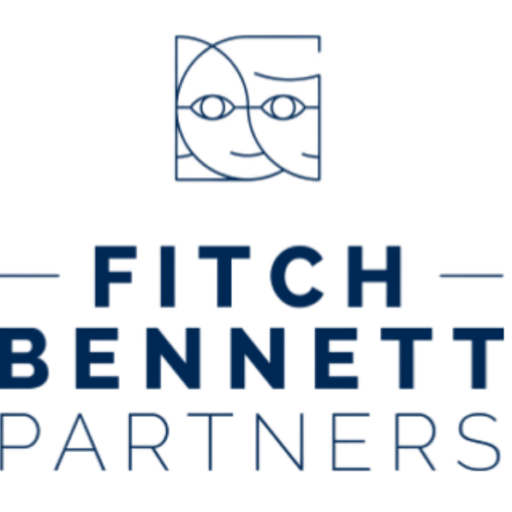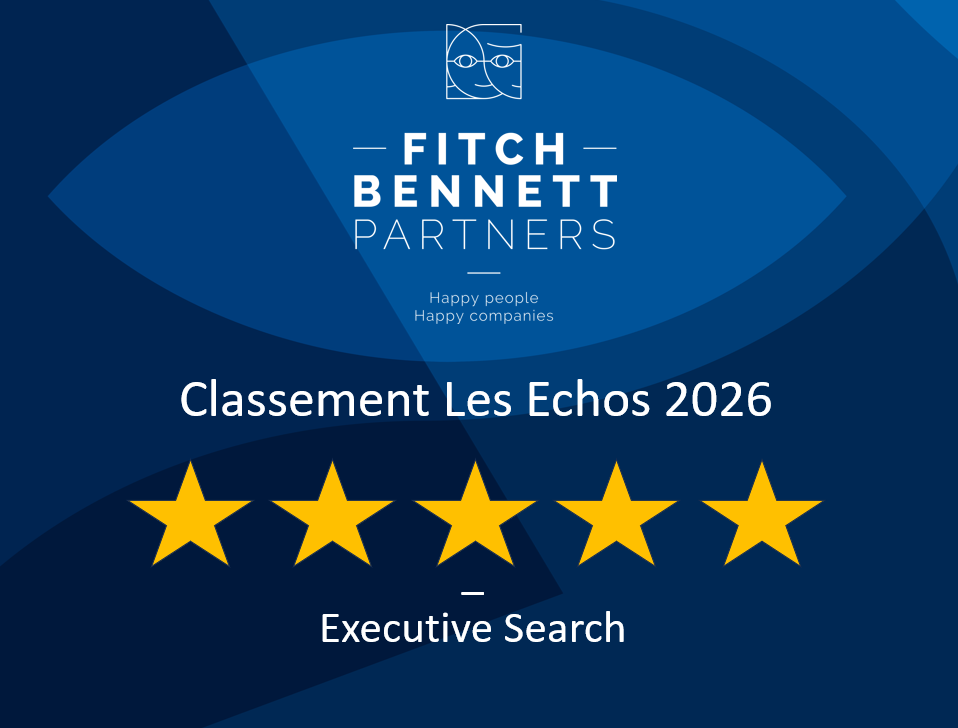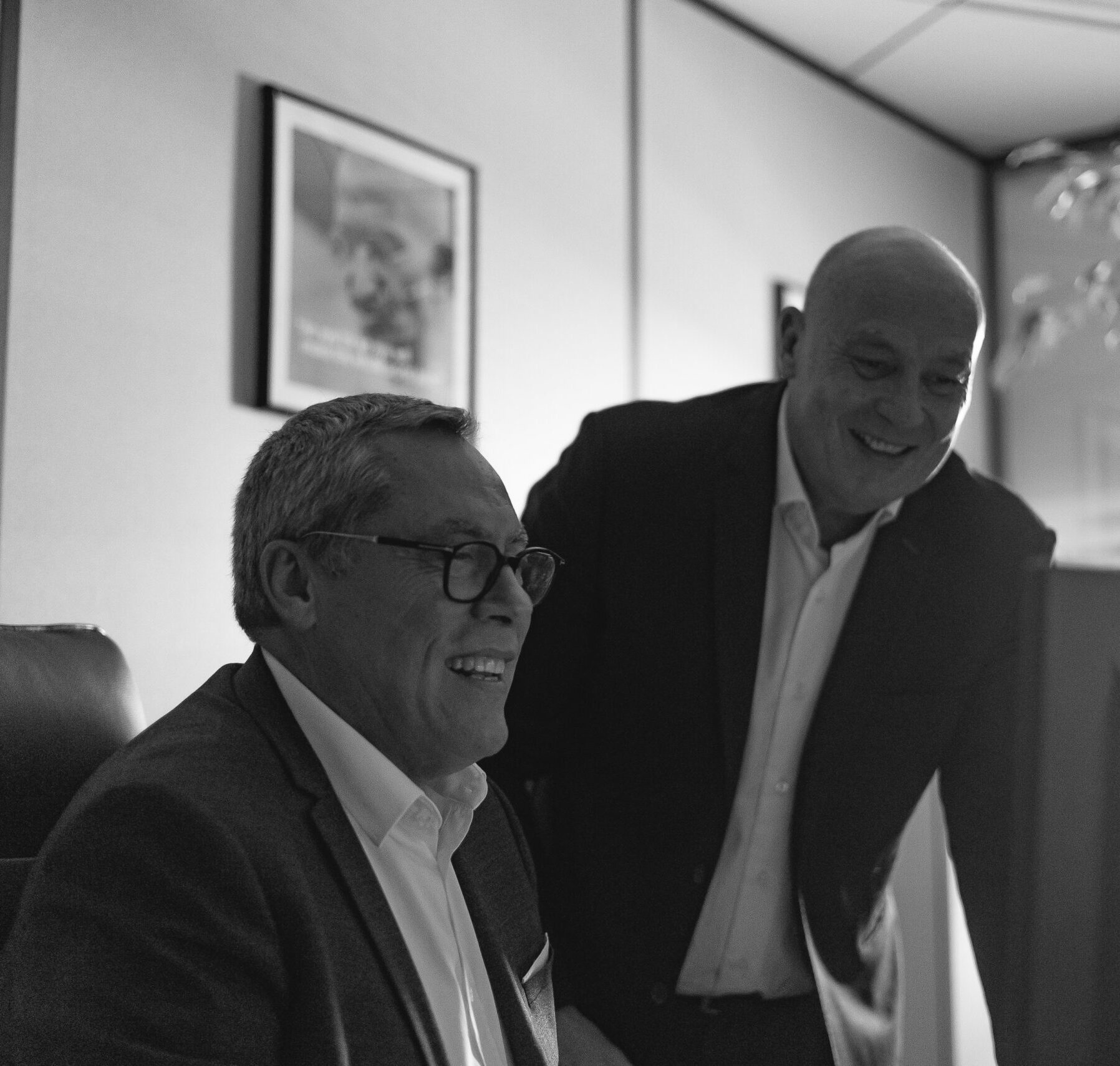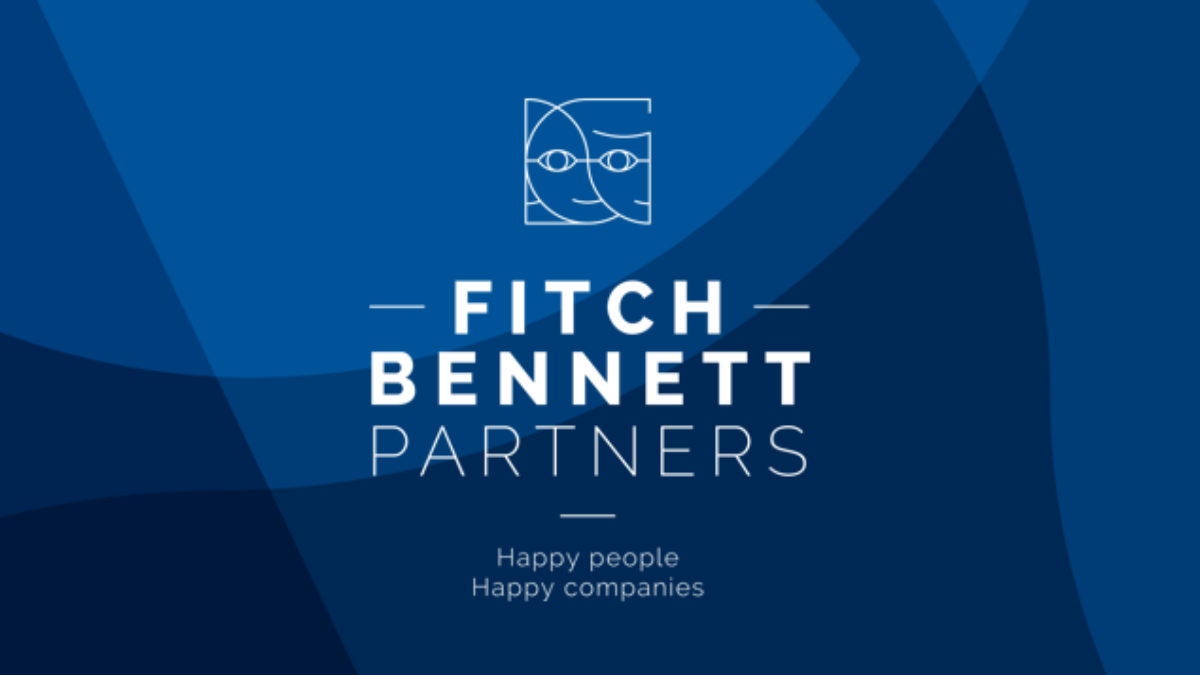We often associate the cost of a decision with its risk.With its scale.With the visible skills it requires. But in organizations, the most costly decisions are often invisible.They are the ones that were postponed. A known issue, but never truly addressed.A tolerated imbalance.An organization that still works… but no longer sustainably. Over time, the cost is not financial.It is structural. Loss of room for maneuver.Growing dependence on a few key individuals.Decisions made under constraint, in urgency. What was not decided yesterday eventually imposes itself today.And at that point, it is no longer about choosing.It is about repairing. So the real question is not:“What is the right decision?”But rather:“What do I already know… and keep postponing to decide?” Fitch Bennett Partners
Why the Best Management Decisions Are Almost Never Urgent
In most organizations, urgency is seen as a legitimate trigger for decision-making. In reality, it is often the symptom of a decision that has been postponed. Warning signals are almost always present well in advance: It is not the lack of information that delays decisions. It is the difficulty of acknowledging that the existing framework will no longer be sufficient in the long term. Decisions emerge when leaders accept to ask themselves a simple, yet demanding question: Which organizational levers are reaching their limits today? Making a decision at that moment is not over-anticipation.It is about preserving freedom of choice. What if urgency were not the problem… but the last space where the illusion of control still exists? Fitch Bennett Partners
Building Human Talent Strategy for Long Term Success
The most resilient organizations share one conviction: human capital is not a cost, but the primary driver of sustainable value creation. During the AESC Global Summit in London, the theme “Building Human Talent Strategy for Long Term Success” highlighted that long-term success depends on the ability to:• Anticipate critical skills,• Create clear and inspiring leadership pathways,• Foster the development of internal talent. Building an effective talent strategy means aligning business strategy, culture, and leadership within a single performance-driven approach. At Fitch Bennett Partners, we support our clients in designing and implementing long-term talent strategies — from potential mapping and succession assessment to cultural leadership transformation. How does your organization integrate Talent strategy into its vision for sustainable growth? To explore these topics in the context of your organization, let’s connect in complete confidentiality.
Les Échos ranking 2026 executive search
Thank you to our Clients, our Candidates, and our Teams. Thanks to your trust, Fitch Bennett Partners is once again listed among the firms recognized by Les Échos in 2026 in the Executive Search category. More than a ranking, this acknowledgement highlights the quality of our collaborations, in France and internationally, as well as the daily commitment of our teams. In 2026, we remain by your side to identify the best leaders, support your transformations, and contribute to the success of your most strategic projects. Let’s continue building tomorrow’s successes together.
MISSION ACCOMPLISHED!
At the heart of a financial sector facing strong demands in data, compliance, and digital transformation, leadership remains a decisive lever. FITCH BENNETT PARTNERS is delighted to have supported a consulting firm specialized in Data & Digital Transformation in the recruitment of its VP Financial Services – Banking & Insurance. This mission reflects our belief: the transformation of banks and insurance companies relies on leaders capable of translating complex challenges into concrete value and uniting teams around a shared vision. We thank our client for their trust, and we wish our candidate every success in their new role.
Press Release – Fitch Bennett Partners welcomes Christophe Fouillac as Partner, Transition Management Practice
In a context of ongoing business transformation, FITCH BENNETT Partners, an international executive search and leadership advisory firm specializing in direct recruitment, transition management, and career advisory, is pleased to announce the appointment of Christophe Fouillac as Partner within its Interim Management Practice. With 25 years of experience in executive recruitment and interim management, Christophe Fouillac has been supporting companies through their key challenges in leadership continuity, restructuring, and strategic project execution. He began his career at Michael Page, where he developed an early expertise in interim management, before joining Robert Walters, where he spent seven years helping to build and expand the firm’s interim management offering in France. He then spent over a decade as an independent consultant, advising executive teams and shareholders through complex and high-stakes transformation contexts. “Interim management is not just a short-term solution — it’s a sustainable lever for transformation, combining expertise, knowledge transfer, and human impact.” – Christophe Fouillac, Partner – Interim Management Practice His appointment strengthens FITCH BENNETT Partners’ ability to support organizations through leadership transitions and transformation projects, with an approach grounded in trust, proximity, and long-term impact. About FITCH BENNETT Partners: FITCH BENNETT Partners is an international executive search and leadership advisory firm specializing in executive recruitment, interim management, and career transition. The firm partners with organizations through their critical moments of change, connecting them with experienced and committed leaders capable of driving transformation with rigor, insight, and purpose. Christophe FOUILLAC Partner Mobile: +33(0)6 03 30 37 77 Mail: cfouillac@fitchbennettpartners.com
Hiring a leader is no longer enough. You have to make them want to choose you.
In executive search, the question is no longer simply: “Who is the right profile?” but rather:“Why would this key leader want to join your organization today?” For several years, Anglo-Saxon firms have embraced this shift: they no longer just hunt for talent — they work on the perception of the role, the company narrative, and the clarity of the employer brand. At Fitch Bennett Partners, this approach has been part of our DNA from day one. We believe that a leaders are not recruited solely for their skills, but for their alignment with a vision, a culture, and a trajectory.This means:– Understanding the company’s true identity (beyond the job description)– Co-building a clear and inspiring message for the market– Guiding the leader in their projection, far beyond the interview stage That’s what makes the difference between presenting candidates and helping the right leader emerge to write the next chapter of your story.It’s our belief. It’s our expertise. Frédéric Aymonier
MISSION ACCOMPLISHED!
In a rapidly transforming sector where Artificial Intelligence and New Technologies are redefining practices every day, leadership plays a more decisive role than ever. FITCH BENNETT PARTNERS is delighted to have supported a leading player in the Tech & AI sector in the selection and recruitment of its new Chief Executive Officer. This mission reflects our conviction: behind every technological breakthrough, there is a vision, a team, and a leader capable of paving the way. We thank our client for their trust and wish this new executive every success in their future achievements.
Leadership Between Disruption and Renewal!
Generative AI, predictive data, automated tools — these technologies are transforming everything, including what is expected from leaders. Over the past 12 months, we have supported boards and investment funds in assessing and structuring their executive teams to adapt to this new reality. The conclusion is clear: the profile of the leaders sought has changed. The CEO is no longer just a visionary: they must know how to integrate AI into product, HR, and client strategy. The CFO becomes a technological co-pilot, mastering data as well as cash. The CHRO is now expected to address issues of skill obsolescence, digital culture, and ethical governance of AI. Even industrial or operational profiles must now engage with technology.Sector expertise remains essential, but it is no longer sufficient unless coupled with strategic adaptability. Advice to boards: audit your leadership team’s soft skills and digital reflexes before the next disruption, because AI won’t replace leaders… but it will make some profiles obsolete. Our mission: to help companies recruit leaders capable of anticipating tomorrow’s disruptions.
2025 RANKING – DECIDEURS MAGAZINE
Once again, Décideurs Magazine has ranked Fitch Bennett Partners among the leading firms in Top Management recruitment. Many thanks to our clients and candidates for their trust, and to our team for its commitment. We remain dedicated to supporting companies and leaders in their transformation projects.











